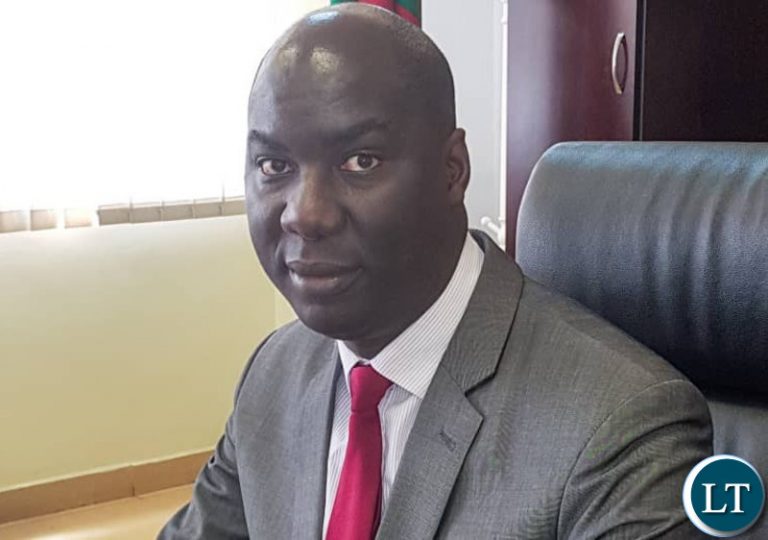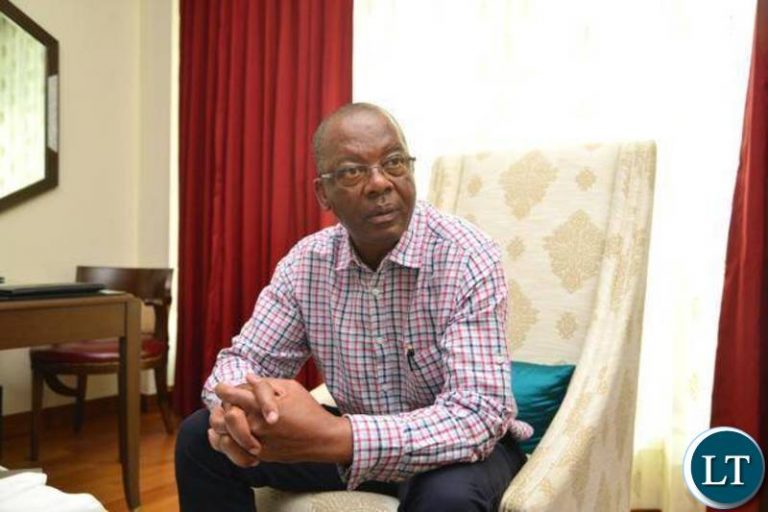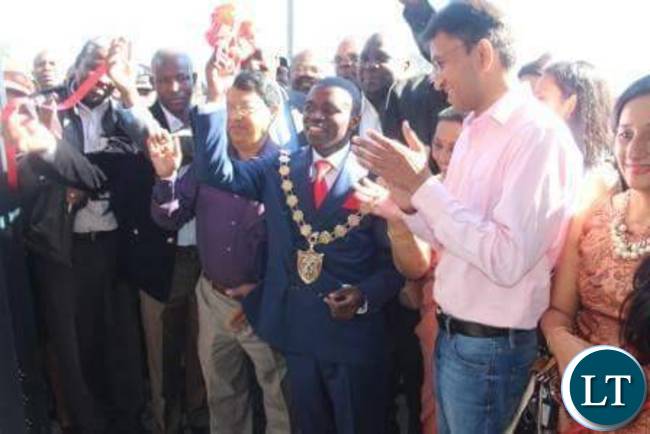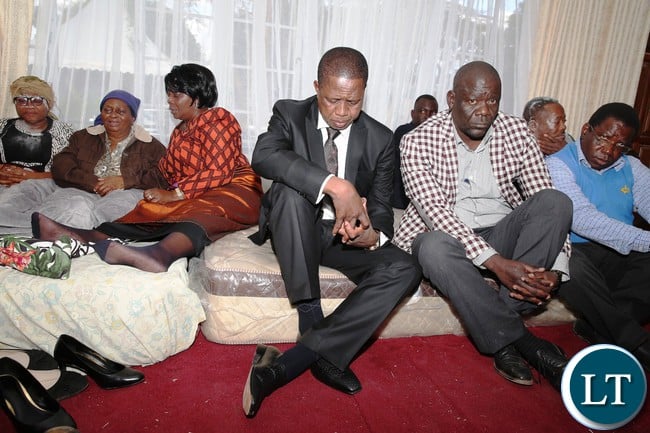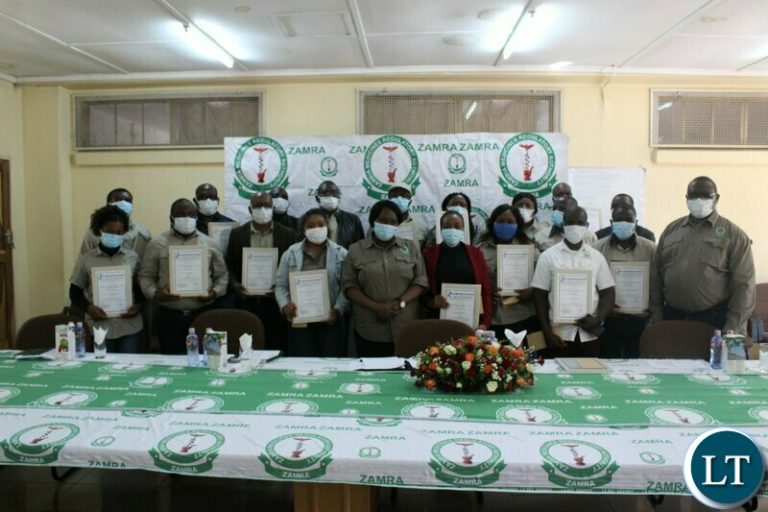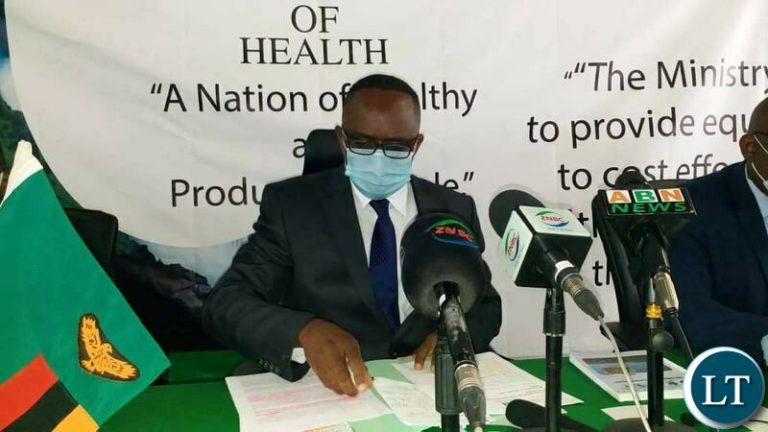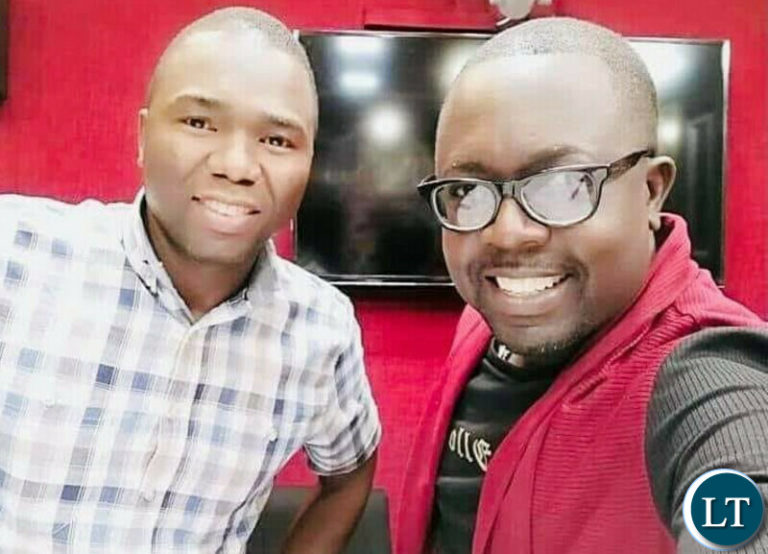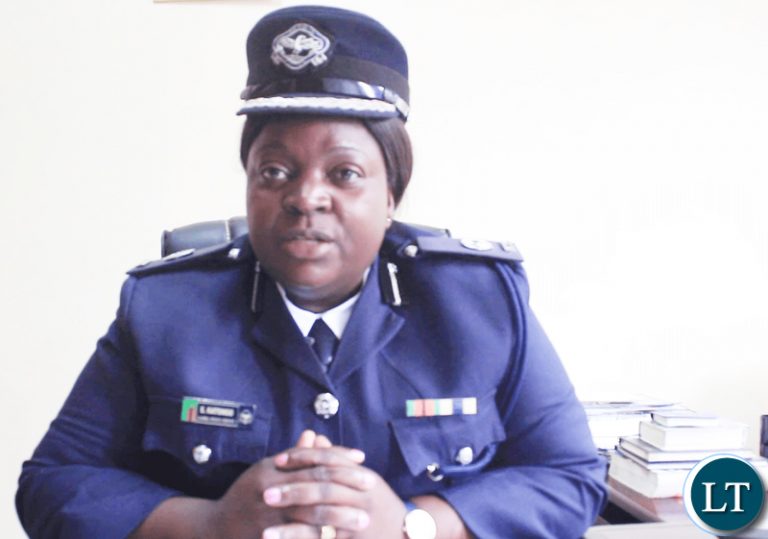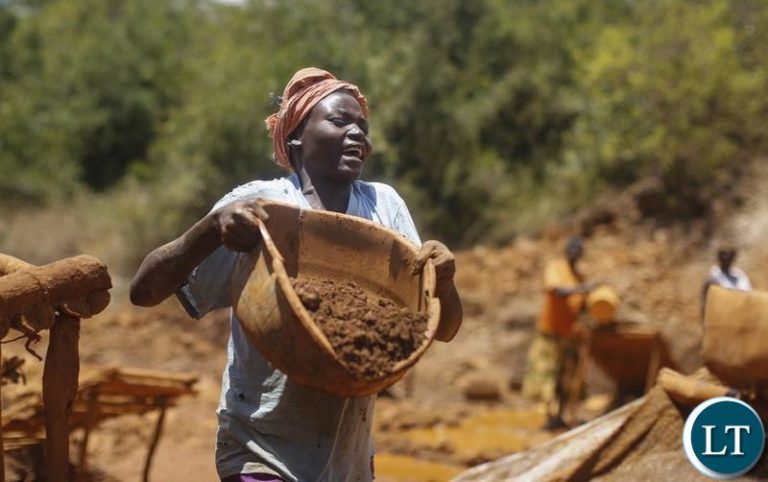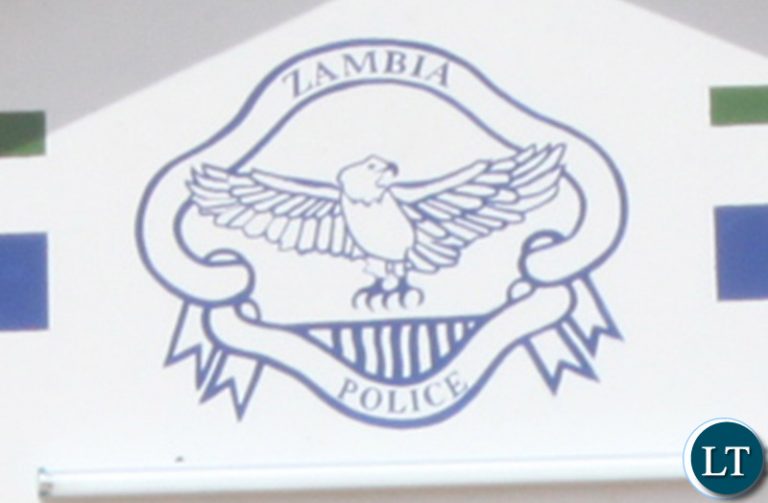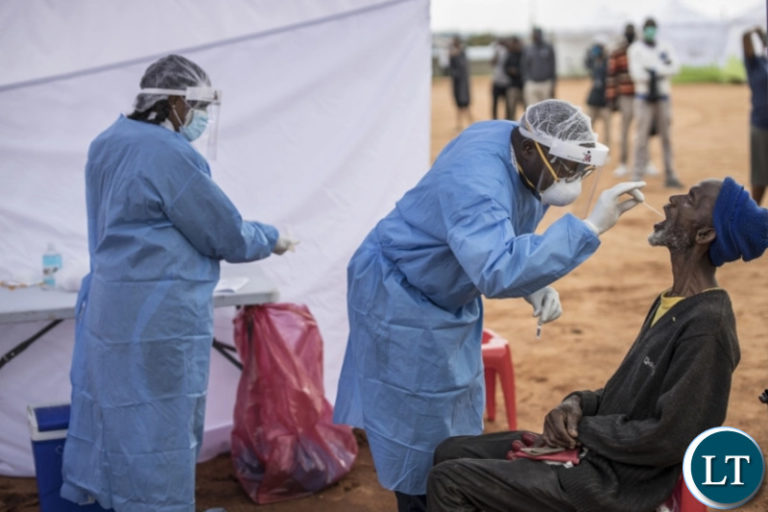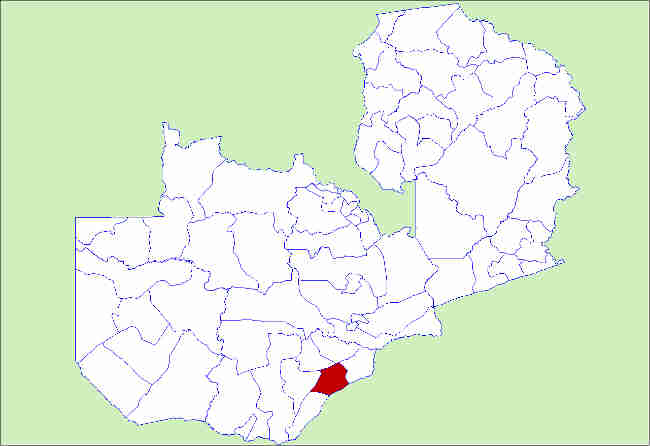The Association of Mine Suppliers and Contractors has appealed to government to enact into law the Statutory Instrument (SI)on local content to give local suppliers leverage for bargaining business opportunities in the mines.
Speaking in an interview with ZANIS in Kitwe yesterday, Mines Suppliers and Contractors Chairperson Augustine Mubanga said government should sign the SI for the local suppliers to also benefit from the current high copper prices on the international market.
Mr Mubanga noted that at present, due to the non-existence of the SI in place when mines go through challenges the powers that be tend to over-look the plight of the local suppliers and contractors.
“We are hoping that within this first quarter of the year, the SI on local content must be signed by the Ministry of Mines as this will give us leverage to bargain for contracts in the mines and also protection as it will give us a framework and basis for us to engage both the mines and other stakeholders,” he stated.
And when contacted, Mines Permanent Secretary Barnaby Mulenga said his Ministry is awaiting the Ministry of Justice to finally complete the process of enacting the SI into law.
“We are waiting for the ministry of Justice to finish the process of preparing the SI, they haven’t finished the process, that is what we are waiting for,” Mr. Mulenga said.
Once enacted, the SI on local content will ensure that local suppliers and contractors are given a significant value of business contracts by the mines.
And Mr Mubanga further called on the Ministry of Commerce, Trade and Industry to take a keen interest in the value of procurement transactions that take place in the mining sector to ascertain where the value goes.
He noted that most of the business transactions are given to foreigners and in the end the real value of these transactions goes outside the country.
Meanwhile, the Association has projected a positive business year in 2021 as a result of the acquisition of Mopani mine by government.
Mr Mubanga urged government to resolve the issues regarding Mopani Copper Mine to ensure increased production for the mine so as to benefit from the high copper prices with the suppliers enjoying the spill over benefits.
He noted that 2020 was a challenging year as it mainly consisted of battles between government and Mopani as the latter was insisting on putting the mine on care and maintenance which he said disadvantaged the suppliers.
“Now that Glencoe has handed over the mine to government, we expect that ZCCM-IH will start running by ensuring that the mine becomes productive, increase its production and begins to meet its obligations,” Mr. Mubanga said.
He also urged government to settle the issues surrounding Konkola Copper Mines to ensure that the mine begins to operate at its optimum capacity.


